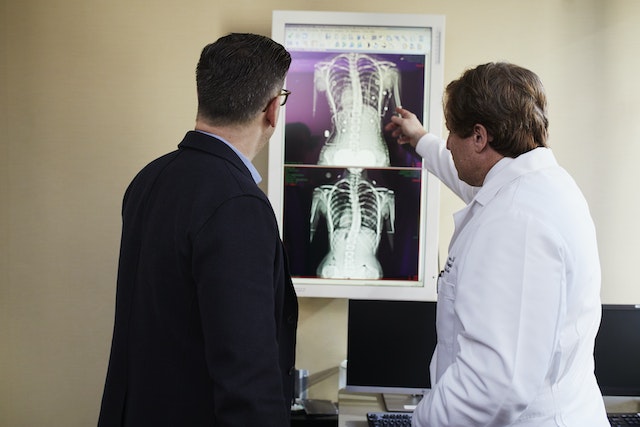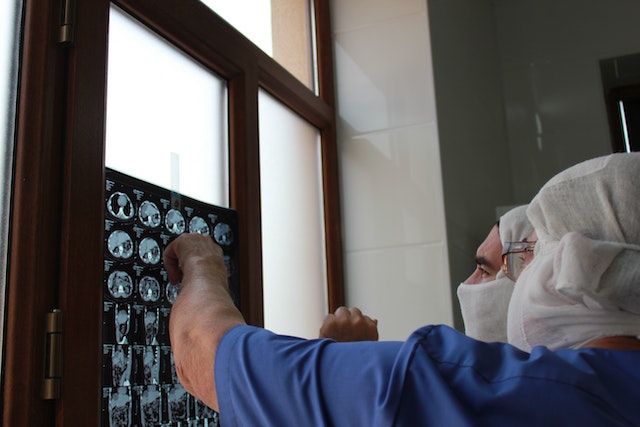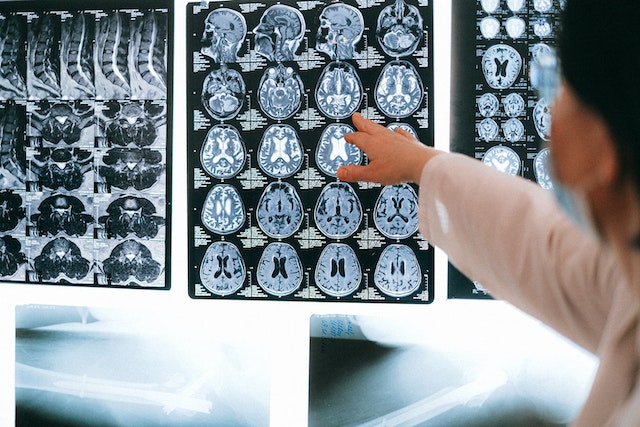Pursuing a Medical Career at a VA Hospital
Veterans’ services encompass a range of support programs and benefits for individuals who have served in the military. These services assist veterans as they transition from military to civilian life. Common services include healthcare, education and training support, disability compensation, housing assistance, employment services, mental health counseling, and burial benefits. They aim to help veterans maintain physical and mental well-being, access education or job opportunities, and receive financial compensation for service-related disabilities. These services are typically provided by government agencies or non-profit organizations, ensuring that veterans receive the recognition, care, and assistance they deserve for their sacrifices in serving their country.
In the United States, veterans have access to a comprehensive range of healthcare services through the Department of Veterans Affairs (VA), which operates one of the largest healthcare systems in the country. These healthcare services include, but aren’t limited to:
Primary Care: Veterans can receive general medical care, routine check-ups, preventive services, and management of chronic conditions from VA primary care providers.
Specialty Care: VA facilities offer specialized medical services in various fields, including cardiology, orthopedics, mental health, and more.
Mental Health Services: Veterans have access to mental health counseling, therapy, and treatment for conditions like post-traumatic stress disorder (PTSD), depression, and anxiety.
Dental and Vison: While not all veterans are eligible for dental care, some may receive dental services depending on their eligibility status and service-connected disabilities. Eligible veterans can also receive vision care, including eyeglasses and eye exams.
Rehabilitation Services: Veterans with disabilities may receive rehabilitation services, including physical therapy, occupational therapy, and vocational rehabilitation.
Women’s Health Services: The VA provides comprehensive healthcare for female veterans, including gynecological care, maternity care, and more.
Preventive Care: Services such as vaccinations, cancer screenings, and health education are available to veterans to promote overall well-being.
What types of Medical Jobs Are in Demand at Veterans Hospitals (VA Hospitals) and Medical Centers?
Working at a VA Hospital offers several advantages. These include job security and a stable income due to the hospitals being part of the federal government’s healthcare system. VA positions may also offer student loan repayment incentives, particularly in underserved areas. VA hospitals prioritize work-life balance with reasonable hours and less emphasis on productivity-based compensation. Physicians find purpose in serving veterans with unique healthcare needs related to their military service. VA hospitals offer training opportunities to support professional development. Comprehensive benefits like health insurance, retirement plans, and paid time off are standard. Additionally, some VA hospitals engage in medical research, providing opportunities for physicians to participate in research projects while delivering clinical care. Further, a recent nationwide Medicare survey found that veterans rated VA hospitals higher than private healthcare facilities in patient satisfaction.

VA healthcare centers offer a wide range of employment opportunities, and the most in-demand positions can vary by location and the specific needs of each facility. However, some of the consistently in-demand positions at VA healthcare centers include:
Physicians: VA healthcare centers require various types of physicians, including primary care doctors, specialists (e.g., cardiologists, psychiatrists, radiologists, and surgeons), and emergency room physicians.
Psychologists and Psychiatrists: Mental health professionals play a crucial role in addressing the unique mental health needs of veterans, including PTSD, depression, and substance abuse.
Pharmacists: Pharmacists are responsible for managing medication distribution, ensuring patient safety, and providing medication therapy management.
Medical Technologists and Laboratory Technicians: These professionals perform diagnostic tests, analyze samples, and assist in diagnosing and treating patients.
Physical Therapists and Occupational Therapists: These therapists help veterans recover from injuries, surgeries, or illnesses and improve their overall quality of life.
Radiologic Technologists: Radiologic technologists perform diagnostic imaging procedures such as X-rays, MRIs, and CT scans.
Healthcare Administrators and Managers: Healthcare administrators oversee the day-to-day operations of VA healthcare centers, including budget management, staff supervision, and compliance with regulations.
Dietitians and Nutritionists: These professionals provide dietary guidance and nutritional support to veterans, addressing various health concerns.

Phlebotomists: Phlebotomists collect blood samples for testing and analysis.
Medical Jobs Available Now at VA Hospitals through Momentum Healthcare Staffing
If you’re passionate about making a meaningful impact on the lives of veterans and are considering a rewarding medical career, a position at a VA hospital might be the perfect fit for you. These hospitals offer a unique opportunity to serve those who have served our nation while providing a stable and fulfilling healthcare environment. Whether you’re an experienced physician or just beginning your medical career, we can assist you in finding the ideal medical position within the VA system, where you can contribute to the well-being of our nation’s veterans and be part of a dedicated and compassionate healthcare community. Your journey towards a fulfilling medical career at a VA hospital starts here, and we’re here to help you every step of the way. Contact Momentum now or search our job listings—we post new career opportunities frequently!
Sources:
Va.gov
npr.org
openai.com



























Recent Comments